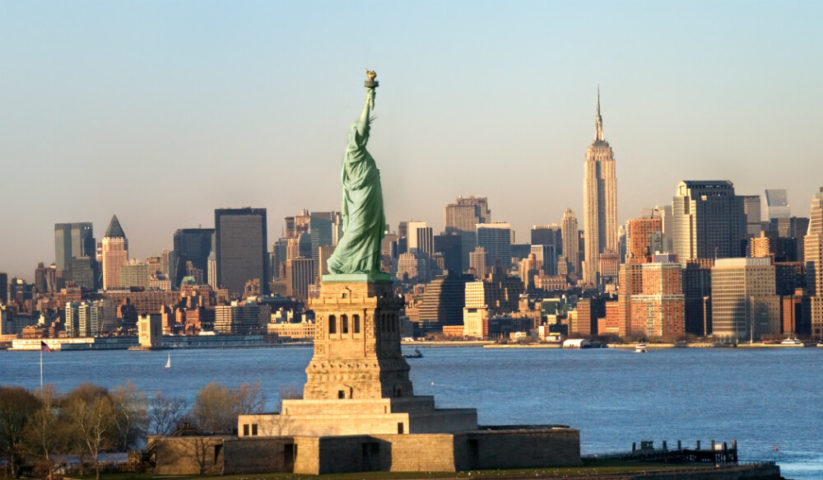
Did the events of 9/11/2001 change the world? It is an opinion that has become as unanimous as can be especially following the events of that day which saw the great “crime against humanity”. This crime required cooperative international actions to pursue the perpetrators and bring them to justice. This led to massive repercussions at a global level. Most notably was the revival of “Reagan’s War on Terror” by George W. Bush, as depicted by the American thinker Naom Chomsky in his book “Who Rules the World?”. This war on terror made way for the invasion of Afghanistan in 2001 and later Iraq in 2003. That in addition to the constant threats that were launched against the so-called “axis of evil”.
Two decades following the crimes of 9/11, did the United States achieve the goals it set out for with its global counterterrorism strategy? Has the world become safer and more secure after the formation of the “International Counterterrorism Cooperation”? Has the Arab/Islamic world become less intolerant and extreme and thus less violent as a result? The question could be asked in an opposite direction as well; did Osama Bin Laden lure the United States into multiple expensive wars in the Muslim countries to wear it down and lead to is eventual bankruptcy?
According to reports from Brown University’s Watson Institute for international and public affairs, the final bill of the war on terror is estimated at around 3.2 to 4 trillion dollars excluding the US operation against ISIS in Mousil.
The impetus of Washington’s strategy in the Arab and Islamic World in fact increased the rate of intolerance and extremism, which generated more violence and international terrorism. This is especially true when this strategy targeted and weakened the state itself and thus the people’s confidence in it. Perhaps, this is what Bin Laden wanted to achieve and what Washington did or did not intend as a result of the “creative destruction” it allowed. This hypothesis has turned into reality, even if it did not cross the minds of the decision-makers in the White House from Bush to Biden.
Who could have imagined that two decades later, the Taliban would take the reigns of the country from within the capital Kabul after the retreat of the American forces in the dark of night? This comes 20 years after its continual heralding of a democratic spring in Iraq, Afghanistan, and the rest of the region!
One of the repercussions of the war on terror was the eventual global financial crisis that originated in the United States in 2008 which in turn led to the withdrawal from Iraq in 2011, and most recently, the withdrawal from Afghanistan (Summer of 2021). Will these events lead to the end of the US empire? Similar to what Francis Fukuyama described in his book “The End of History” or Samuel Huntington’s “Clash of Civilizations” which describes the fall of modern liberalism across the world following the fall of socialism and the Soviet Union which was the prime competitor of the United States and the west.
This moment in history presents a new challenge for the United States. Following the victories it achieved after WW2, and especially after establishing a new world order following the end of the cold war in the 1980’s, its new rising challenger is now China whose economy is expected to be the biggest in the world by the year 2030. The world has been moving towards a diversified economy after years of being unilateral and controlled by the United States.
Is the American golden age experienced by Washington ending, following the end of the ideological clash with communism? Or will it remain in its position, but without the total control it enjoyed?
This matter is also tied to the internal politics of the United States including the health, education, and services sectors as well as freedoms. Washington was on top of the world, but their participation is small but expensive wars deepened its structural crisis. Merely sensing “imminent or potential danger” became sufficient justification for waging “preemptive or preventative” wars against unidentified or even imaginary enemies. This was achieved by returning to traditional law which permitted waging war or invasion to maintain the nation’s security interests or vital operations, as well as “international terrorism” following UN Security Council resolution 1373 which was issued 2 weeks following the bombing of the World Trade Center.

